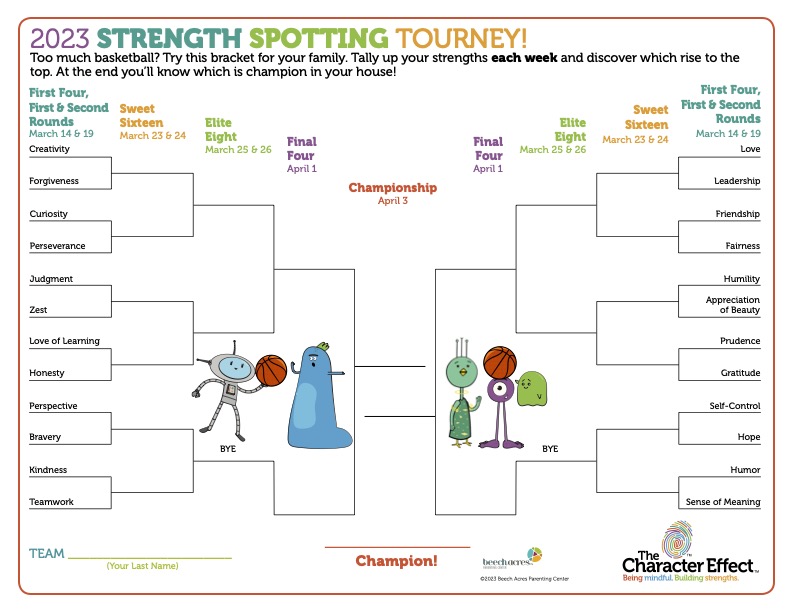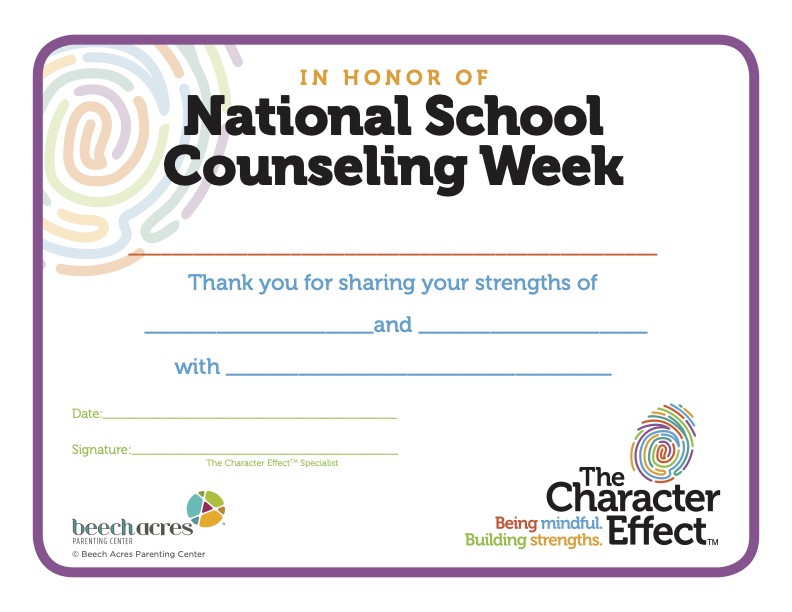What’s Strong With You?
November 22, 2019
It’s time to start asking our kids “what’s strong with you, not what’s wrong with you?”
Recently the Centers for Disease Control and Prevention released a report* highlighting Adverse Childhood Experiences (ACEs) and the lifelong health implications related to them. The report is a wake-up call to everyone about this critical public health issue.
What are ACEs anyway?
Adverse Childhood Experiences, more commonly referred to as ACEs, are potentially traumatic events that occur during childhood and have a negative impact on a child’s development. These traumatic events can be a number of different circumstances and can range in severity. Examples of ACEs include:
- Physical abuse
- Sexual abuse
- Emotional abuse
- Physical neglect
- Emotional neglect
- Exposure to domestic violence
- Drug use or substance abuse in the home
- Mental illness in the household
- Separation from parents through divorce, incarceration, or death
ACEs were first discovered during the landmark Adverse Childhood Experiences Study (ACE Study) conducted in 1997 by the CDC and Kaiser Permanente. In the study, a close association between these adverse childhood experiences or traumas and long term health and social problems was clearly established.
Why should we take notice of this?
According to the Centers for Disease Control and Prevention 1 in 6 adults have experienced four or more different types of ACEs. 1 in 6. And 2/3rds of all kids experience at least one. ACEs are associated with 5 of the top 10 leading causes of death in the United States. This is a critical public health issue and it affects us all.
Hope for the future.
The long-term health implications associated with ACEs are very serious. Fortunately, there is hope. The CDC estimates that reducing and preventing ACEs could potentially reduce a large number of serious health conditions. These include:
- Eliminating up to 2.5 million cases of obesity or diabetes
- Reducing heart disease cases by nearly 2 million
- Reducing the number of adults who suffer from depression by as much as 44%
Imagine the positive social and economic impacts of this. Imagine the possibilities and opportunities that would be available to an entire generation.
What can I do?
We can begin to make a difference one kid at a time, one moment at a time. With every interaction we have with a child we have the opportunity to show them that they are safe and protected. Let them know this by being fully present, fully engaged, and mindful in the moment with them. Once a child knows that they are safe, that they are protected, we can begin to let them know they matter. Identify and build their unique strengths in a way that makes them resilient. Resilience is the key to breaking this cycle and avoiding the potential long-term health problems associated with childhood trauma.
Every moment matters. Having a supportive, consistent adult in a child’s life is the most effective tool in overcoming childhood trauma. Creating safe, stable, nurturing environments where children avoid trauma and are given the opportunity to thrive is critical. This can begin at home, school, your doctor’s office. You don’t have to a doctor or a therapist to have an effect. Anyone can make a difference. And in doing so, lowering the impact of ACEs, you might just be adding valuable years to a child’s life.
What we are doing.
For nearly a decade Beech Acres Parenting Center has been on a trauma-informed journey. Since the science and the data is always evolving, so too are the ways in which we approach helping parents, families, and children. Our staff has completed trauma-informed training, participated in learning communities, and established partnerships with organizations such as Joining Forces for Children and Building Community Resilience as part of this ongoing journey. Our programs have evolved too moving form treatment specific interventions into infusing trauma-informed principles into everything we do. We’ve moved into schools (Beyond the Classroom, The Character Effect™) and pediatric offices (Parent Connext™) where we can be where kids and parents are to make effective, systemic change possible.
ACEs may seem like an overwhelming problem with too many children locked in a cycle of abuse, neglect, and trauma. But together we can break that cycle. Together we can make a difference.
*https://www.cdc.gov/vitalsigns/aces/index.html




 Contact
Contact